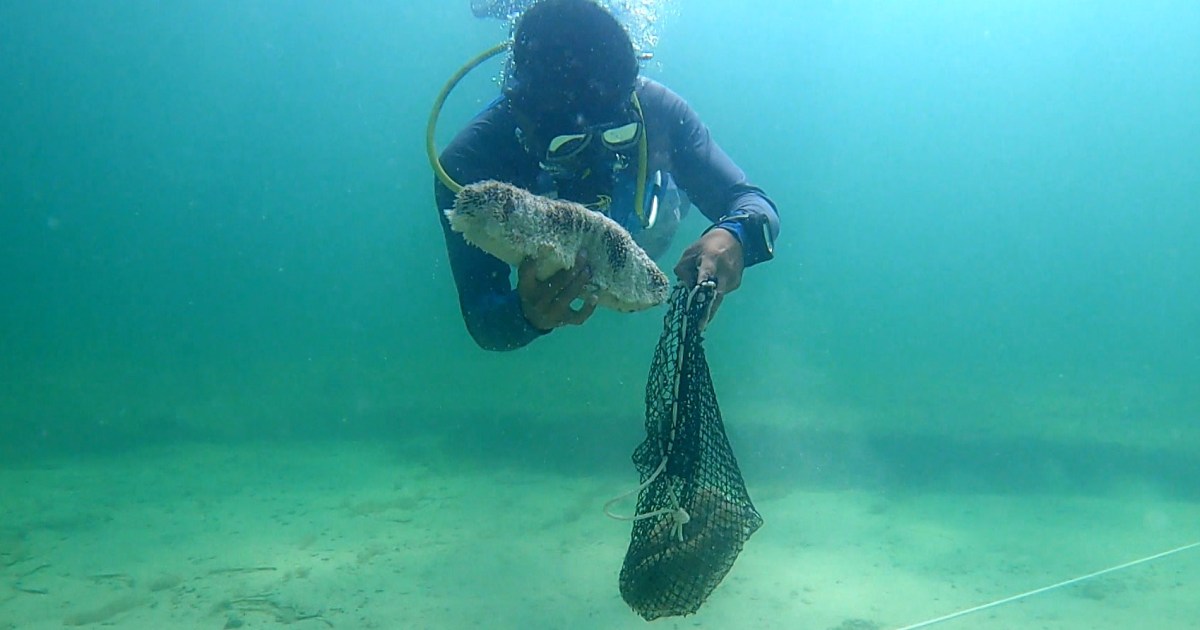[ad_1]
When Sarah Schleper begins her descent down the mountain at Beijing 2022, she will become the first female Alpine skier to compete in six Winter Olympics.
The Colorado-born Schleper, who turns 43 on the second to last day of these Winter Olympics, represented the U.S. four times between Nagano 1998 and Vancouver 2010. The Beijing Games will be her second Olympics donning Mexico’s uniform; Schleper is allowed to compete for the country by virtue of her husband Federico Gaxiola’s Mexican citizenship.
“I never thought I’d get to be 40 and still be competing”, Schleper told ESPN while training in Italy. “When I was on the U.S. team, I dreamed of competing with my son. That my husband and children are Mexican allowed me an opportunity to continue in this sport. I’m not as fast as the youngers skiers anymore, but I have experience. Let’s see if it pays off at the Olympics.”
Schleper envisions herself belting out her trademark roar with her hair flowing behind her, descending with a smile on her face as she sets a world record. Then, she considers the moments of irreverence she has pulled off throughout her career.
When she first decided to retire from competition in 2008, Schleper wore a summer dress on her final descent. Halfway through the run, her husband handed her thier Lasse — named in honor of Norwegian skier Lasse Kjous. With her young child in her arms, Schleper finished the course to the surprise of those in attendance, who applauded what at the time appeared to be the farewell of a storied career spent entirely with Team USA. One of the first to congratulate her was Lindsey Vonn, the four-time Olympic medalist and her U.S. teammate.
While representing the U.S., Schleper competed in the best venues in the world, with the best facilities and trainers leading to qualify achievements — including several World Cup Top 3 finishes. With Mexico, the only guarantee is the opportunity to compete under its flag.
“In the United States, we are a very strong team. I won a World Cup and was on podiums all the time, or in the top 10s. We had a lot of support, a lot of money, and could do whatever we wanted,” Schleper said. “Here, I am doing it my way, by myself and with my skis. I do my own training. It’s quite different, but the one thing that doesn’t change in skiing is speeding downhill with a smile on your face.”
Schleper received dual citizenship in 2014 — missing that year’s Winter Olympics in the process — and decided the time was right to return to competition. She competed four years ago in Pyeongchang, where her children were set to watch her in person until changes in the competition schedule meant they would have to watch their mother on TV and not in Korea. She would finish 41st in the Super-G, well removed from the 10th place she achieved at Turin 2006.
The competitive element in itself is no longer a priority with Schleper. Rather, her focus is on skiing for a country without a winter sports tradition, where that type of competition is a matter of individual effort and paying your own way. To do so, Schleper works as a coach.
“It isn’t easy, but that’s the only way I can train and make money to travel, it’s the way that works,” Schleoper said. “We have no sponsors whatsoever. I do it all on my own, that’s the challenge.”
Four athletes will represent Mexico in Beijing: Schleper and Rodolfo Dickson in Alpine skiing; Jonathan Solo in cross-country skiing; and figure skater Donovan Carrillo. Almost all of them have trained on their own dime and time; Donovan received a grant from the Mexican government only after he advanced in the final phase of international qualification.
That’s the way its always been in Mexico. With her sixth Winter Olympics, Schleper will tie Hubertus von Hohenlohe, an Austrian prince born in Mexico who participated under his birth country’s flag through 2014. Hubertus, who now collaborates in uniform design for the Mexican delegation, paid for his own expenses throughout the qualifying phases, receiving financial support from the Mexico’s Olympic Committee only to travel to the Games.
Schleper said her goals for Beijing 2022 reach beyond the finish line.
“When you’re born, you never think you are going to go to another country, it’s just a dream,” Schleper said. “It’s so hard to change the language. I’m not fluent. I love to speak Spanish, I love the country, the plants, the people, the food and especially, the heart of its people. Then, if I can take a little part of Mexico to the snow, that’s the important thing, that’s my goal.
“I have a little piece of me that inspires everyone around me; maybe they can do it faster than me, and it’s important to have more women my age fight for something, because the best goal in the world is to get to a level where you can inspire other kids so they can go on their own path.”
[ad_2]
Source link


/cloudfront-us-east-2.images.arcpublishing.com/reuters/M4O2GCFNPNJNRAFOME2WYD3OAA.jpg)












